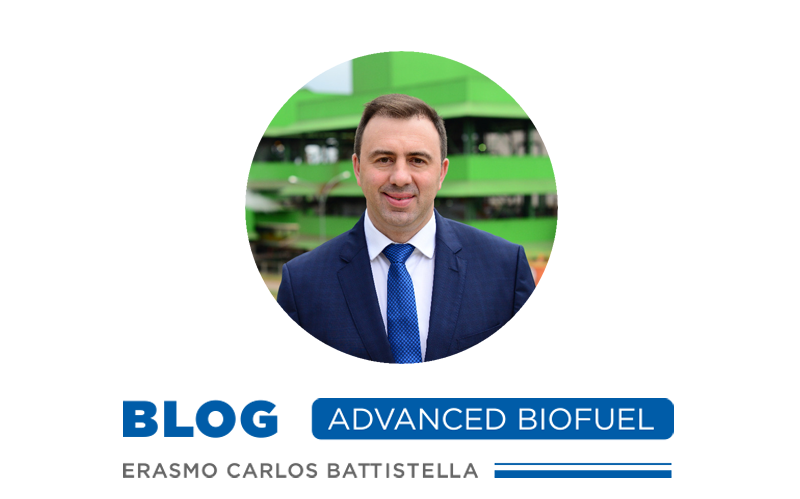During a visit to the plant in Passo Fundo (RS) by the Vice President of the Republic, Geraldo Alckmin, we announced yet another novelty that will be integrated into the investment in the ethanol plant: the production of vital gluten, a powdered protein concentrate obtained from flour of cereals. The new line represents an addition of approximately R$ 300 million to the investment announced for the plant.
Currently, all gluten consumed in Brazil is imported. With this innovative project, Be8 will fully supply the Brazilian market, with the capacity to serve Mercosur as well. We will thus ensure stable supply, favoring better prices and partnerships with wheat producers in the region. The unit will have the capacity to produce 35 thousand tons/year of vital gluten, replacing all the imported product, which totaled 25 thousand tons in 2022.
Gluten is a protein extracted from cereals such as wheat, rye, barley and triticale. The characteristics of extracted vital gluten and gluten naturally present in flour are not the same. The main difference is in the water absorption capacity. Vital wheat gluten is commonly used as an additive in baking. For this, it is necessary to extract it from the flour and transform it into a powder through a multi-step process.
The applications of vital gluten are numerous in baking, but the main one is the fortification of “standard” flours, as it is generally necessary to use strong flours for bread production. Gluten retains the gases produced during fermentation, favoring growth and volume.
The integration of the production line to the ethanol process makes it possible to use the same raw material, extracting the cereal protein to produce gluten and starch for biofuel. The project will have an important impact on Rio Grande do Sul because it will allocate the wheat produced in the state for the domestic market, reducing the need to import the product for baking. The forecast is that its production can start together with that of ethanol, in 2025.

